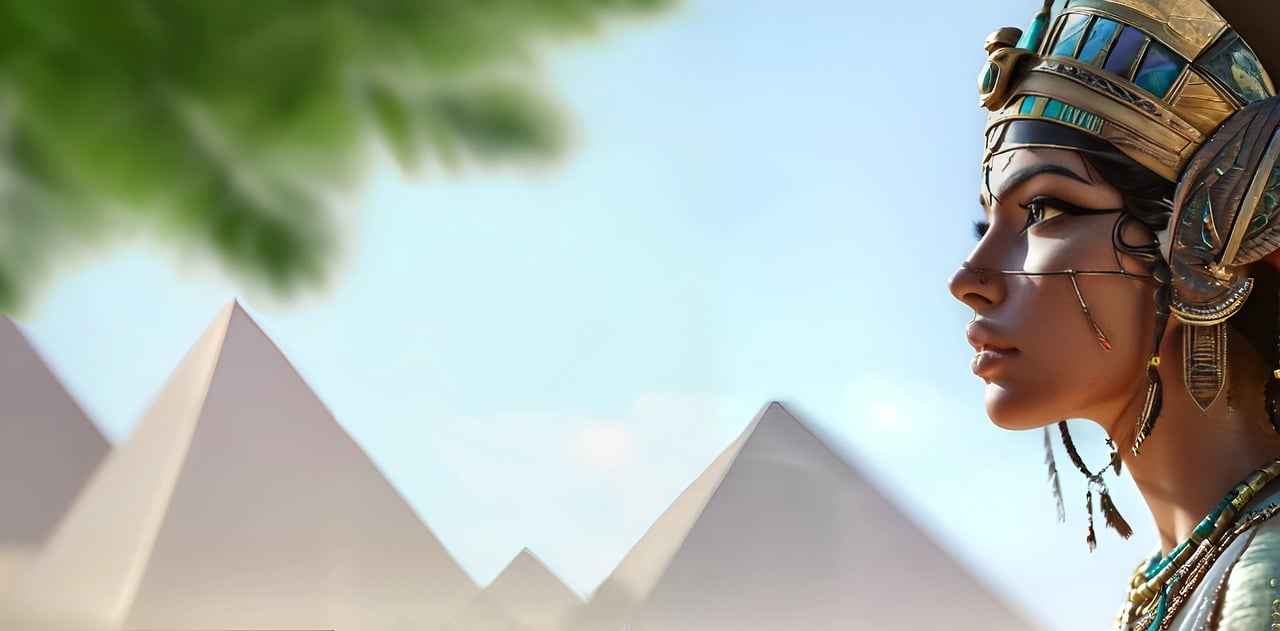Apollo, the famed son of Zeus and Leto, is a revered figure in mythology, best known for his dual character embodying light and illumination in various forms. His birth is said to have taken place on the island of Delos, alongside his twin sister Artemis (Diana). Initially seen as a god of light, Apollo was not strictly synonymous with the sun, a role attributed to Helios, yet he later became associated with solar attributes. Despite the ambiguity surrounding the exact meaning of his name, his epithets—Phoebus and Lycius—underscore his association with brightness and purity.
Attributes and Symbolism
Apollo’s significance is closely linked to the cyclical nature of time and agriculture. His birth is marked by the first day of each month, and it is believed that he would retreat to places of perpetual light during winter, returning in spring to restore life and drive away the darkness and decay associated with winter. One significant tale speaks of him defeating the dragon Python soon after his birth, symbolizing his triumph over winter and the ushering in of spring.
Festivals such as the Delphinia and Thargelia in Athens celebrated Apollo’s role in agriculture and the fertility of crops, further emphasizing his connection to the seasons and abundance. He was considered a protector against perils faced by crops, including pests and drought, highlighting his role as a deity of prosperity. Additionally, he earned reverence as a protector of herds and livestock, engaging in various myths that portray him tending to cattle and sharing a bond with the nymphs.
Healing and Purity
Beyond his agricultural significance, Apollo also holds a vital position in matters of health and well-being. Being the god of healing and a protector against plagues, he is often invoked during times of illness. His relationship with Asclepius marks him as a significant figure in the realm of medicine. People turned to him for aid against sickness as well as for purification from sinful acts, reinforcing his role as a source of moral and physical healing.
Moral and Ethical Dimensions
Apollo represents more than just physical attributes; he embodies ethical principles, order, and justice. His dual nature allows him to punish the insolent while also redeeming the repentant. His time of exile following the slaying of the Delphian dragon signifies the importance of penance, an element that reflects in his worship rituals. Through the belief in atonement and purification, Apollo played a crucial role in evolving the understanding of justice among ancient communities.
His prophetic abilities further establish his importance, as he is seen as a god of divination, revealing the will of Zeus to humanity. While various oracles existed, none were as esteemed as the one at Delphi, renowned for its predictions and guidance.
Artistic Influence and Cultural Legacy
Apollo’s influence extends into the arts, as he has often been celebrated as the god of music and poetry. Initially portrayed simply as a musician, he came to be recognized as the leader of the Muses, embodying the spirit of artistic inspiration. His presence permeated Greek mythology, politics, and culture, where he is frequently associated with beauty and grace.
His veneration was widespread across Greek territories, most notably in Delos and Delphi, where notable temples and festivals honored him. The incorporation of Apollo into Roman culture was solidified under Tarquinius Superbus and further embellished by Emperor Augustus, who considered him instrumental to his military successes.
Artistic representations of Apollo abound, showcasing him as a youthful figure, often holding the lyre or bow—a reflection of his respective roles as a god of music or a skilled archer. His portrayal has inspired countless artists throughout history, from Praxiteles to later Renaissance creators, demonstrating his enduring presence in classical art.
In summary, Apollo’s character encapsulates the duality of light and darkness, life and death, healing and punishment, making him one of the most multifaceted deities in Greek mythology. His legacy continues to resonate through modern interpretations and artistic endeavors.



